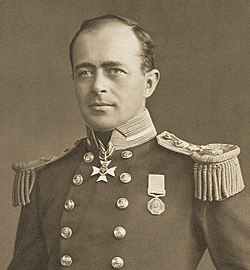| << | December 1902 | >> | ||||
|---|---|---|---|---|---|---|
| Su | Mo | Tu | We | Th | Fr | Sa |
| 1 | 2 | 3 | 4 | 5 | 6 | |
| 7 | 8 | 9 | 10 | 11 | 12 | 13 |
| 14 | 15 | 16 | 17 | 18 | 19 | 20 |
| 21 | 22 | 23 | 24 | 25 | 26 | 27 |
| 28 | 29 | 30 | 31 | |||


The following events occurred in December 1902 :
Contents
- December 1, 1902 (Monday)
- December 2, 1902 (Tuesday)
- December 3, 1902 (Wednesday)
- December 4, 1902 (Thursday)
- December 5, 1902 (Friday)
- December 6, 1902 (Saturday)
- December 7, 1902 (Sunday)
- December 8, 1902 (Monday)
- December 9, 1902 (Tuesday)
- December 10, 1902 (Wednesday)
- December 11, 1902 (Thursday)
- December 12, 1902 (Friday)
- December 13, 1902 (Saturday)
- December 14, 1902 (Sunday)
- December 15, 1902 (Monday)
- December 16, 1902 (Tuesday)
- December 17, 1902 (Wednesday)
- December 18, 1902 (Thursday)
- December 19, 1902 (Friday)
- December 20, 1902 (Saturday)
- December 21, 1902 (Sunday)
- December 22, 1902 (Monday)
- December 23, 1902 (Tuesday)
- December 24, 1902 (Wednesday)
- December 25, 1902 (Thursday)
- December 26, 1902 (Friday)
- December 27, 1902 (Saturday)
- December 28, 1902 (Sunday)
- December 29, 1902 (Monday)
- December 30, 1902 (Tuesday)
- December 31, 1902 (Wednesday)
- References


